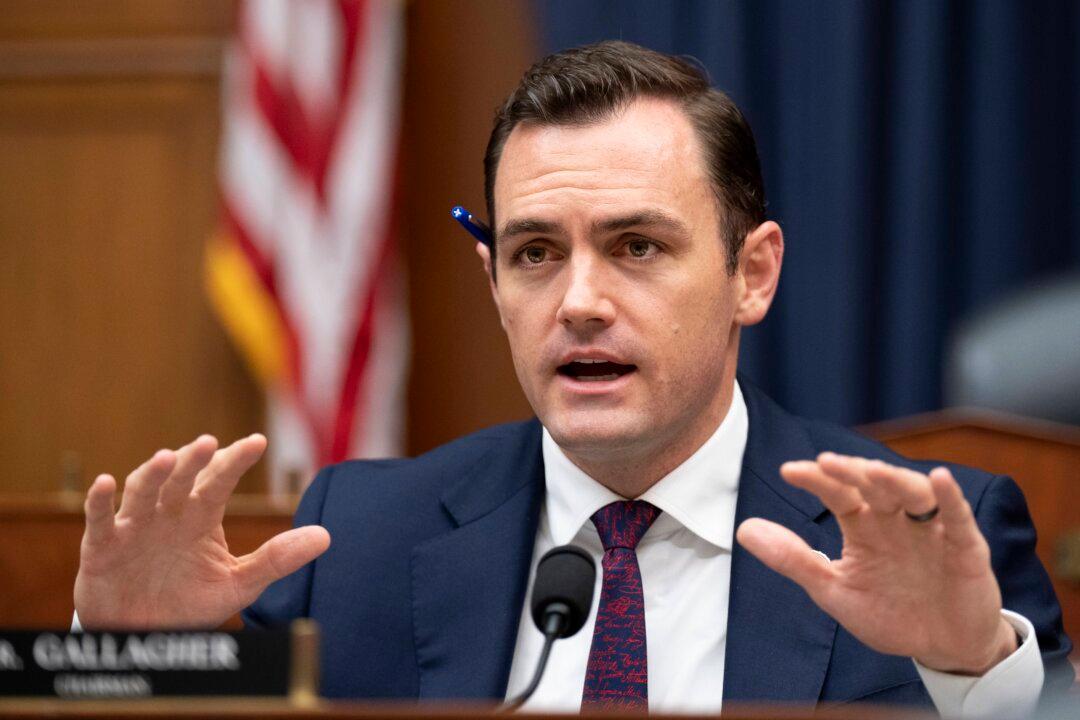The Biden administration’s recent security supplemental for Israel, Ukraine, and the Indo-Pacific fails to prioritize the threat posed by communist China, according to one lawmaker.
President Joe Biden’s $105 billion supplemental request would spend less than four percent of that amount on strengthening military deterrence in the Indo-Pacific. Such a proposal, said Rep. Mike Gallagher (R-Wis.), simply does not take the threat from communist China seriously.




